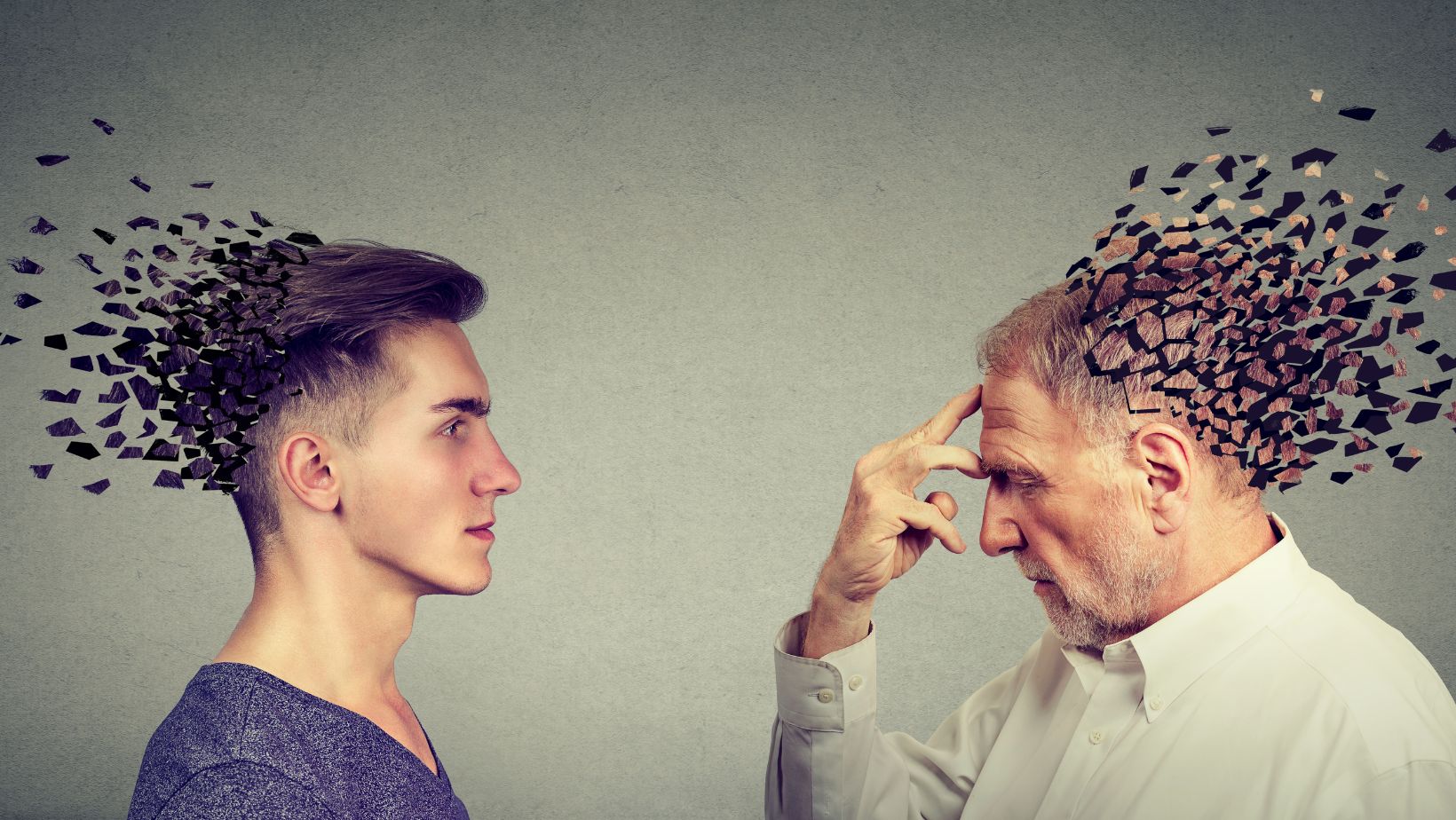
Transcranial Magnetic Stimulation (TMS) has been the subject of much discussion in the scientific community and among those who are thinking about using this cutting-edge treatment for mental health issues because of the possible link between TMS and memory loss. To shed light and understanding on this complicated subject, further investigation into the studies on TMS and memory function is vital as interest in this area grows.
Introduction:
A potential treatment option for a number of neuropsychiatric disorders, such as chronic pain, anxiety, and depression, is transcranial magnetic stimulation (TMS). Targeted magnetic pulses (TMS) are able to modify neuronal activity and restore balance within neural circuits implicated in various illnesses by applying magnetic pulses to particular brain areas. Nonetheless, questions have been raised about how TMS can affect cognitive function, namely memory.
Understanding the Mechanisms:
The Basics of TMS:
The basis of Transcranial Magnetic Stimulation (TMS) is the use of magnetic fields to modify neuronal activity in specific brain areas. This state-of-the-art method applies short magnetic pulses that pass through the skull and scalp to deep-seated brain areas. After being applied, these pulses cause electrical currents to flow through the targeted area’s neurons, which changes the way those neurons fire and how active they are overall.
TMS is a versatile tool because, depending on the specifics of the stimulation, it may have both excitatory and inhibitory effects on neural circuits. Through the manipulation of variables including pulse frequency, strength, and duration, medical professionals may precisely control the effects of TMS on certain brain areas, therefore modifying their function and achieving desired therapeutic results. This sophisticated method enables accurate targeting of neuronal networks involved in different cognitive processes, such as the creation, consolidation, and retrieval of memories.
Within the field of memory study, TMS is a potent research instrument that allows scientists to examine the operation of certain brain areas in various domains of cognitive function. Through targeted activation or inhibition of specific brain regions, such as the hippocampus, prefrontal cortex, or parietal lobes, scientists can gain insight into the neural mechanisms that underlie the processes of memory acquisition, consolidation, and retrieval. By use of well-planned research and regulated stimulation regimens, TMS provides a significant understanding of the intricate relationship between brain architecture and function in determining our cognitive capacities.
Furthermore, TMS can be used in therapeutic situations to alter memory processes in addition to studying them. TMS is used in therapeutic applications to target abnormal brain activity linked to a number of neuropsychiatric illnesses, such as schizophrenia, anxiety, and depression. To restore neuronal function and reduce symptoms, physicians target particular brain areas linked to these diseases using focused stimulation. TMS has the potential to improve cognitive function and promote neuronal plasticity in the setting of memory-related diseases like amnesia or cognitive impairment.
Transcranial magnetic stimulation, taken as a whole, is a complex method of studying and modifying brain activity, with applications spanning from therapeutic therapy to fundamental neuroscience research. Through the selective manipulation of neuronal activity through the use of magnetic fields, TMS provides an insight into the inner workings of the brain and the complex mechanisms that underlie memory and cognition. The potential of TMS to provide fresh perspectives on mental processes and transform the management of neurological and psychiatric illnesses is growing along with our understanding of it.
Potential Effects on Memory:
While transcranial magnetic stimulation (TMS) is generally considered safe and well-tolerated, its possible effects on memory function have been the subject of much research. Studies have revealed that TMS administration to brain areas that are deeply engaged in memory processing may cause temporary disturbances in some memory functions. One such region that is frequently targeted in TMS sessions for the treatment of depression is the dorsolateral prefrontal cortex (DLPFC), which is well-known for its critical role in working memory and executive function.

Research on how TMS affects memory has produced some interesting results, indicating that in some people, activation of the DLPFC may cause minor changes in working memory function. For activities involving focus, problem-solving, and decision-making, working memory—a basic cognitive function—is necessary for momentarily storing and processing information. As a result, even little adjustments to working memory efficiency may have a big impact on day-to-day operations and cognitive function.
The observed effects of TMS on memory are thought to arise from the modulation of neural activity within the targeted brain regions. By delivering magnetic pulses to the DLPFC, TMS may transiently disrupt the delicate balance of neuronal firing patterns, thereby influencing the efficiency of working memory processes. While these disruptions are typically temporary and reversible, they underscore the importance of carefully considering the cognitive implications of TMS treatment, particularly in individuals for whom memory function is of paramount importance.
Examining the Evidence:
Research Findings:
The relationship between TMS and memory loss remains a topic of ongoing investigation, with studies yielding mixed results. While some research has reported minimal or negligible effects of TMS on memory function, others have observed transient disruptions in specific memory processes following stimulation. Factors such as the intensity, frequency, and duration of TMS sessions, as well as individual differences in cognitive baseline, may influence the likelihood and severity of memory-related side effects.
Clinical Observations:
In clinical settings, reports of memory loss or impairment following TMS treatment are relatively rare and typically mild in nature. Many patients undergoing TMS therapy for depression or other indications do not experience significant changes in memory function, and any observed effects are usually temporary and reversible. Clinicians carefully monitor patients throughout the course of treatment to detect any cognitive changes and adjust the treatment protocol as needed to optimize safety and efficacy.
Summing up:
In conclusion, the relationship between TMS and memory loss remains complex and multifaceted. While theoretical concerns regarding potential cognitive side effects exist, empirical evidence suggests that the risk of significant memory impairment associated with TMS therapy is low for the majority of individuals.

Nevertheless, ongoing research is essential to further elucidate the mechanisms underlying TMS-induced cognitive effects and identify strategies to mitigate any potential risks. As TMS continues to evolve as a valuable tool in neuropsychiatric treatment, understanding its impact on memory function is crucial for ensuring the safe and effective delivery of this innovative therapy.










